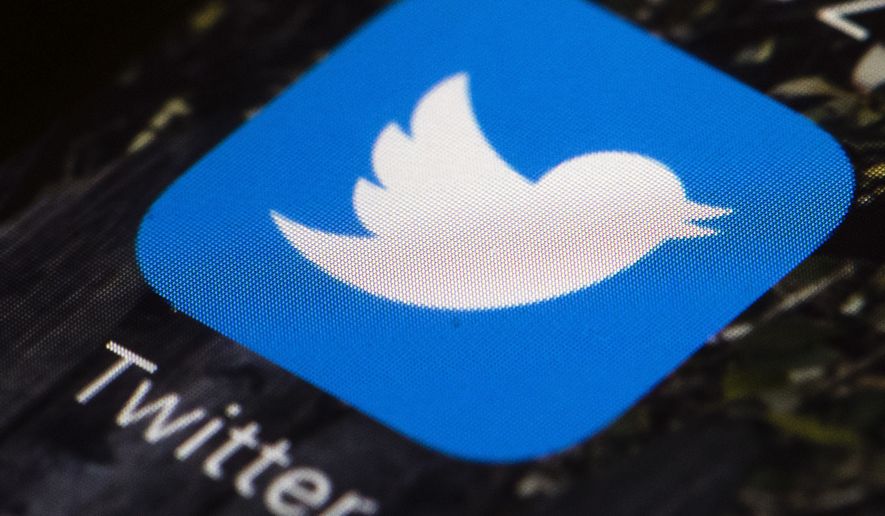The Federalist found itself in violation of Twitter’s rules Wednesday after the conservative outlet suggested deliberately contracting COVID-19, the disease caused by the novel coronavirus.
Twitter took action against The Federalist’s official account on the social media service over a tweet it determined to have broken the platform’s new coronavirus-related policies.
“It is time to think outside the box and seriously consider a somewhat unconventional approach to COVID-19: controlled voluntary infection,” The Federalist’s account tweeted.
The tweet linked to an article posted on The Federalist website authored by Douglas Perednia, a dermatologist based in Portland, Oregon, that suggested otherwise health individuals consider willfully contracting COVID-19 to become immune from the disease.
A spokesperson for Twitter told The Washington Times that The Federalist’s account was subsequently found to have violated its rules regarding COVID-19 and was temporarily locked.
The offending tweet was eventually removed from Twitter, and the account has resumed tweeting.
A message requesting comment from The Federalist was not immediately returned. The outlet’s account on Twitter boasted more than 230,000 followers as of Thursday afternoon.
Twitter announced earlier this month that it would require users to delete tweets containing content “that increases the chance that someone contracts or transmit” COVID-19, the potentially deadly and highly contagious respiratory disease caused by the coronavirus.
“When we determine that a Tweet violated the Twitter Rules, we require the violator to remove it before they can Tweet again,” Twitter explains on its website.
More than 495,000 cases of COVID-19 have been confirmed worldwide, according to the Center for Systems Science and Engineering and John Hopkins University, which has determined over 22,000 people have died from the disease since it was discovered in late December.
Nationwide, John Hopkins has documented more than 69,000 cases of COVID-19 in the U.S. and close to 1,000 deaths caused by the disease.
• Andrew Blake can be reached at ablake@washingtontimes.com.




Please read our comment policy before commenting.